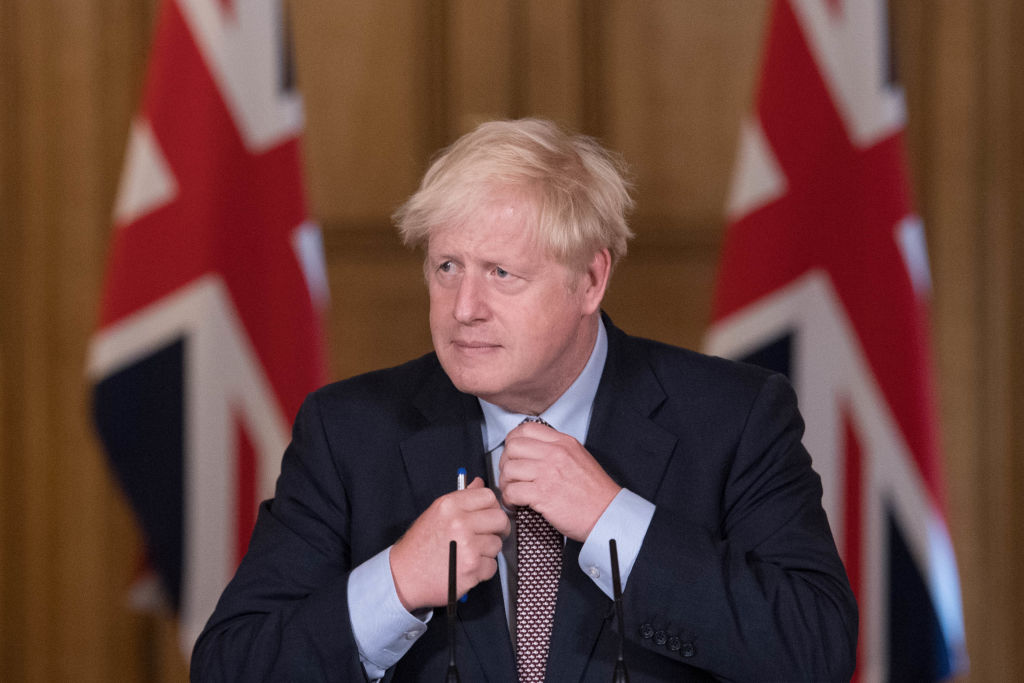If the UK government was just going to ignore international law, why did we bother leaving the EU at all? Before anyone gets too jumpy, allow me to explain.
If you look at the Brussels laws the UK had to accept during its time as a member state, you’ll find that the government was almost always its own worst enemy. There was a tendency to ‘gold plate’ EU directives, meaning we would take the most extreme interpretation of the rules in question. Most EU directives have annexes that allow member states to play with any restrictions. While many member states shaped the rules around their needs, Britain had a tendency to apply the rules to their limits. In fact, if you look at the translation of EU directives into English common law, you will even occasionally find something I call ‘platinum plating’, where the UK went way beyond the EU directive and created something much, much harsher than the EU dictated.
For instance, take the European Energy Taxation Directive (2003/96/EC). The directive deals with taxation of energy products across the Single Market. After it was enshrined in UK law, some large oil companies wanted the government to give them a tax break on synthetic fuels with a lower carbon footprint, and were told the Energy Taxation Directive disallowed it.
Only, that’s not what the directive says. The very first annex to the directive in fact specifically states that:
‘Member States may apply under fiscal control total or partial exemptions or reductions in the level of taxation to: (a) taxable products used under fiscal control in the field of pilot projects for the technological development of more environmentally-friendly products or in relation to fuels from renewable resources.’
The UK translation of the directive, however, states that tax relief can only apply when the synthetic product is ‘used as motor fuel in a generator to produce electricity’. It was the UK that ensured tax reliefs couldn’t be applied to low carbon synthetic petrol – making the directive go far beyond what the EU was trying to achieve. I would take a cynical guess here and say that the Labour government of the time (2003) didn’t want to hand a tax break on synthetic fuel to the petroleum industry and decided to blame the EU instead of taking the rap for this themselves.
So why did the UK follow EU law so rigorously as a member state (all while complaining about rules from Brussels) but is now comfortable toying with international law after we have left, when following the rules has become much more important?
Some Eurosceptics complain that France and other EU27 countries break state aid rules all the time. This is correct to a degree; many EU member states play hard and fast with the regulations. Some countries, Hungary being a prime example, do this to an egregious degree. The point is this: the UK could have done the same sort of thing when it was in the EU, if it had so chosen. What seemed to hold us back from engaging in this type of behaviour was our sense of being supreme upholders of the rules as a nation; our deep, abiding belief in international law.
Now we’re being told this is no big deal in the grand scheme of things; certainly not anything that should hold us back as a country. If that’s the case, why didn’t we ‘pull a Hungary’ when we were in the EU – getting all the benefits of being in the Single Market and the Customs Union and just ignoring the bits we didn’t like?
If it turns out our reputation for upholding international rules isn’t actually important, why did we bother to go through with the pain of the last four years? If international law was of no concern, we could have defaulted on payments to the EU, we could have ignored Freedom of Movement and opened and closed our border at will. We could have done what we liked as a nation state and dared the EU to throw us out. This would have been win-win from a Eurosceptic perspective – either we get to stay in the EU with all of the benefits and none of the supposed downsides, or they kick us out and Brexit happens by default. Put another way: why didn’t we try having our cake and eating it too?
Some may say ‘We’ve left now, so who cares’. Yes, we have. But all of this is still relevant given the debate this week about the importance of international law. At some point, we have to decide as a country what we will do outside the European Union, as the UK navigates international waters solo for the first time in almost half a century. Less than four months before the transition period is due to end, the UK seems to be set on using state aid to create a world class tech sector and/or bail out failing companies, lorry parks in Kent, and a newfound derision for international law. It is unfortunate that this is happening at a time when our normal desire to follow the rules, sometimes even beyond the letter of the law, would actually be of greater benefit than it has ever been before.







Comments